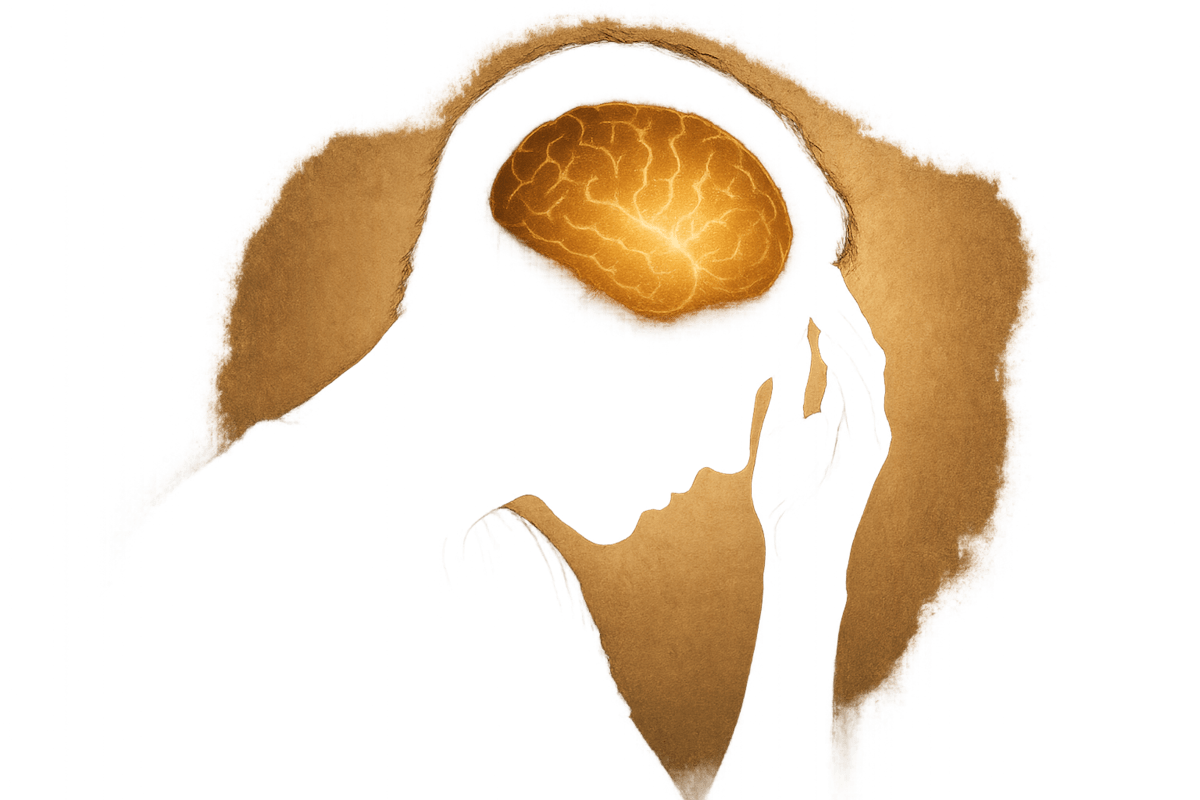TLDR: This blog post explores my personal experiences with brain injury, its effects on cognitive processing, and the connection to healing from trauma. It highlights symptoms, struggles in my daily life, and the importance of awareness and support for those affected by brain injuries.
___________________________________
In this blog post, I want to share my personal journey with brain injury and how it intertwines with my experiences of trauma and healing. While brain injury may not seem directly related to child abuse, it is a significant part of my story that has shaped my life in profound ways.
My Journey with Brain Injury
Growing up, I never recognized that many of my symptoms could be attributed to brain injuries I sustained over the years. I experienced multiple head traumas, including:
- A serious car accident
- An incident during a men’s softball game where a ball hit me directly in the head
- Bullying incidents where I was struck in the head with a block of ice
These repeated traumas likely contributed to my struggles in processing information, particularly during my high school years. Despite achieving good grades, I found it incredibly challenging to keep up with my peers in advanced placement classes. I often stayed up late, trying to understand the material, but I felt overwhelmed and unable to grasp concepts as quickly as others.
The Overload of Trauma
As I began to confront the aftermath of the abuse I suffered from my grandfather, my ability to focus in school deteriorated further. I now realize that this decline was likely exacerbated by the cumulative effects of my brain injuries.
Discovering Brain Injury Symptoms
After having my first couple of children, I came across a sign in the library that detailed symptoms of brain injury, such as:
- Frequent headaches
- Mental fog
- Overstimulation
Reading through the list, I found myself checking off nearly every symptom. This prompted me to attend a brain injury class, where I began to understand the connection between my health issues and my past injuries.
Daily Struggles and Coping Mechanisms
Today, I continue to deal with daily headaches and often carry earplugs to manage sensory overload. I have learned that I start each day with a limited reserve of cognitive capacity. Once I reach that limit, I can feel overwhelmed and unable to make decisions or handle commitments effectively.
For instance, I attended a class about autism, where discussions about sensory sensitivities resonated deeply with me. I recognized my own struggles with sensitivity to clothing textures and environmental sounds. This realization led me to reflect on how my brain injury affects my emotional responses and interactions with others.
The Intersection of Trauma and Healing
I often find myself questioning why others seem to heal more quickly than I do. While I cannot see into their lives, I wonder if their healing processes are less hindered by cognitive challenges related to brain injury.
For those who do not have a brain injury, I hope my story offers encouragement that healing can be achieved more swiftly. For those who share my experience, I want to emphasize that you are not alone. There are strategies that can help manage daily life, such as:
- Planning daily activities in advance
- Balancing tasks with restorative time
Conclusion
Understanding the impact of brain injury on my life has been a crucial part of my healing journey. By sharing my experiences, I hope to raise awareness about the complexities of brain injuries and their effects on cognitive processing and emotional well-being. Whether you are navigating your own healing journey or supporting someone who is, remember that there is hope and help available.
